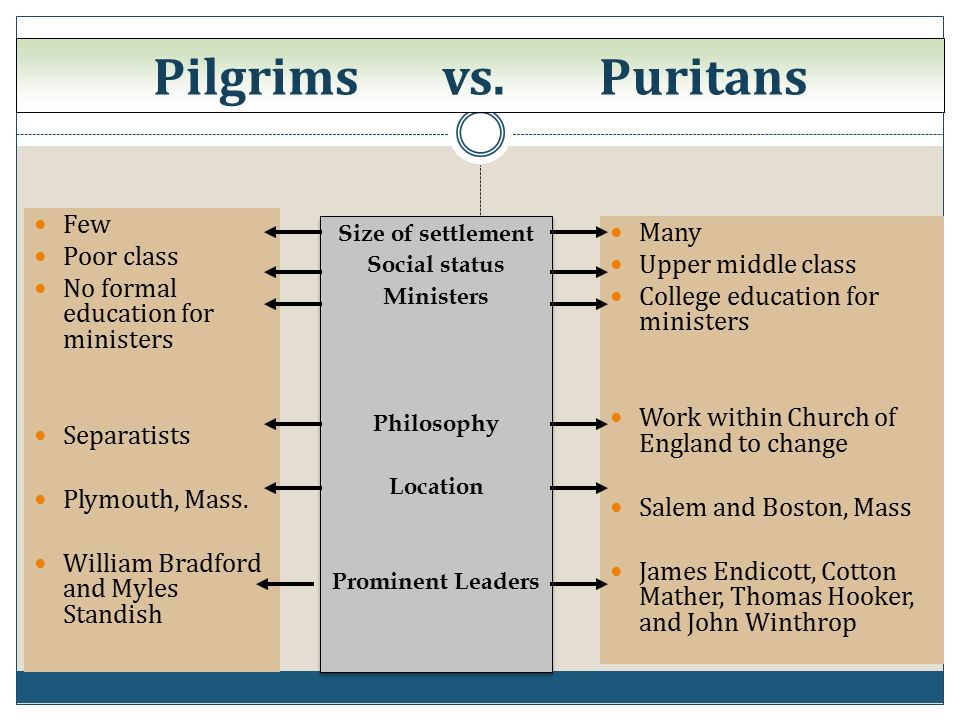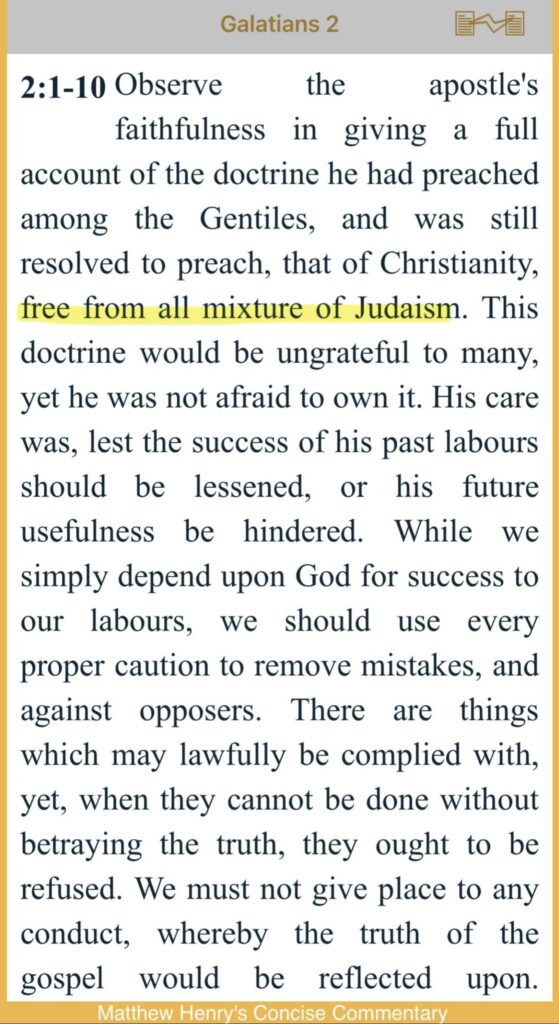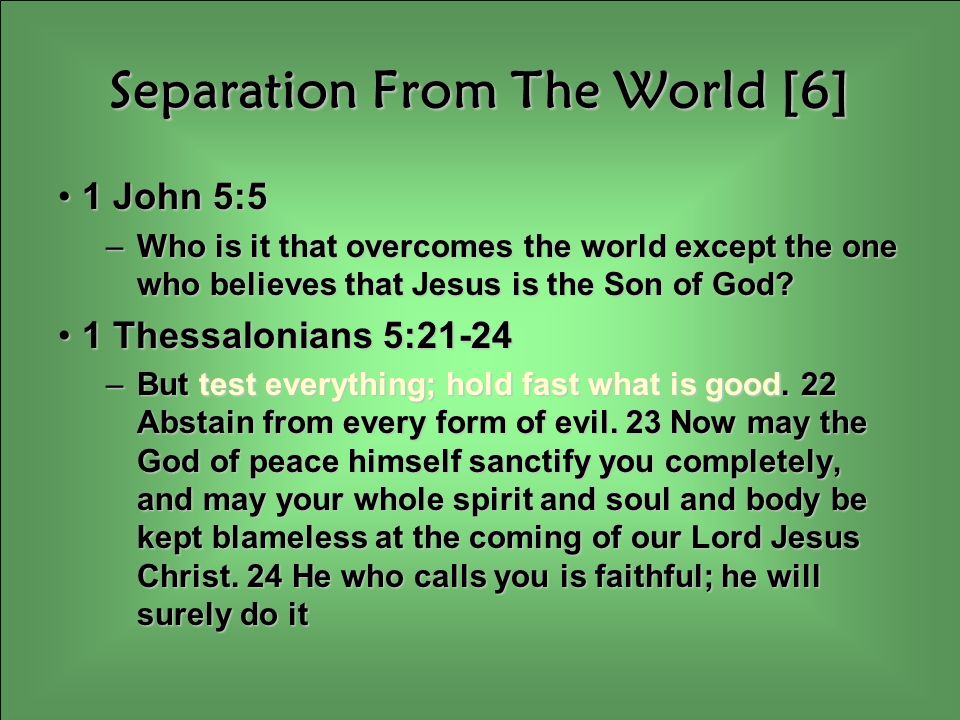
I wanted to post a nice thread about The Puritans and the importance of faith. I grew up near a street name Puritan in a rough neighborhood and never thought about the spiritual implications in general until I was older and wanted to pay homage to their practices… It’s very reminiscent to the first (early) church and how devoted they were to God. However, I would also discussed how some of the false teachers such as John Calvin should be avoided. Please pray and follow what’s in the Holy Bible ONLY.
A Quick Summary
The Puritans lived with eternity in view. While many today end their nights with mindless scrolling, the Puritans closed their day with devotion. Here’s how they did it ⬇️
- Evening Worship in the Home 🏡📖 : The Puritan home was a “little church.” Families gathered for prayer, Scripture reading, and catechism. Fathers led, mothers instructed, and children learned the fear of the Lord. (Deut. 6:6-7)
- Self-Examination 🔍🧐: Before sleep, they reflected on their sins, thoughts, words, and deeds. They asked:
- Have I glorified God today?
- Have I sinned in speech or action?
- Have I sought Christ’s grace? (Psalm 139:23-24)
- Reading Puritan Works 📚✍️: They didn’t wind down with entertainment but with theology. Works by John Owen, Thomas Watson, and Richard Sibbes were common evening companions. Their minds were sharpened before sleep.
- Prayer Before Bed 🙏💤: They committed their souls, families, and church to the Lord. Prayers were rich with repentance, thanksgiving, and intercession—always mindful that the next morning was not guaranteed.
- Psalms & Hymns in the Night 🎶🌙: Some Puritans ended with singing a Psalm (Psalm 42:8). They knew the best lullaby for the soul was God’s Word set to music.
- Resting in Christ ✝️☁️: Sleep was viewed as a picture of death and resurrection. They laid down trusting Christ, knowing that whether they woke in the morning or in glory, they were His. (Psalm 4:8)
The Puritans ended their day as they lived it: with hearts fixed on Christ. May we learn from them!
The term “Puritan” originated in 16th-century England as a label for Protestants seeking to purify the Church of England from Catholic influences. Initially used pejoratively, it later became associated with those advocating simpler church practices and personal piety.
Today, “Puritan” can also describe someone who is morally strict, extending beyond its original religious meaning. The term reflects both the group’s historical pursuit of religious purity and its broader association with moral rigor. Here are some more ways to follow their example:
Live a God-Centered Life:
- Read the Bible daily and interpret it as the ultimate authority.
- Pray often and seek God’s guidance in all aspects of life.
- Keep the Sabbath holy by refraining from the world and engaging in devotions.
- Strive for moral purity and avoid sin in all forms.
Emphasize Hard Work and Discipline
- Follow a strong work ethic and view labor as a form of worship.
- Avoid laziness, idleness, and indulgence in luxury.
- Live frugally—wastefulness was seen as sinful.
- Be self-sufficient: grow your own food, make your own clothes, and rely on your own efforts.
Value Community and Family
- Maintain strict family roles—men as leaders, women as caretakers, and children as obedient followers.
- Participate in community decisions and hold others accountable for moral behavior.
- Avoid individualism and prioritize collective well-being.
Dress and Behave Modestly
- Wear plain, modest clothing without elaborate decorations.
- Avoid vanity, excessive adornments, or showing wealth.
- Speak plainly, honestly, and without exaggeration.
Reject Worldly Pleasures
- Avoid entertainment like worldly music, clubs/dancing, and gambling.
- Stay away from excessive drinking, extravagant feasts, and indulgences.
- Be wary of secular influences that may corrupt your morals.
Educate Yourself and Others
- Teach reading and writing, especially to understand the Bible.
- Promote education for both men and women, but always within the framework of religious instruction.
- Instill a strong moral code in children through strict discipline and religious teaching.
Be Prepared for Persecution
- Stand firm in your faith, even if society rejects or ridicules you.
- Be willing to suffer for your beliefs if necessary.
- Live with a sense of duty to purify society and set an example of righteousness.
Additional Books on Faith by Puritan Writers
- The Pilgrim’s Progress by John Bunyan – An allegory about the Christian journey to salvation, one of the most famous Christian books ever written.
- The Reformed Pastor by Richard Baxter – A guide for ministers on how to lead their congregations with devotion and discipline.
- Sinners in the Hands of an Angry God by Jonathan Edwards – A powerful sermon on God’s judgment and human sinfulness.
- A Treatise Concerning Religious Affections by Jonathan Edwards – Explores how to distinguish true religious experiences from false ones.
- A Model of Christian Charity by John Winthrop – Lays out Puritan ideals of community and moral responsibility.
- Of Plymouth Plantation by William Bradford – A historical account of the Pilgrims’ experiences and faith in early America.
Someone also mentioned how The Puritans preached against Judaism – “Observe the apostle’s
faithfulness in giving a full account of the doctrine he had preached among the Gentiles, and was still resolved to preach, that of Christianity, free from all mixture of Judaism” – Puritan Matthew Henry

Some Christian groups, such as certain conservative Protestant and Reformed churches, still emphasize strict moral codes and theological ideas similar to the Puritans. However, they don’t call themselves “Puritans” anymore but we can still adopt some of their values focusing on God and eternal life.
Lastly, AVOID the doctrine of Calvinism, OSAS (once save, always save), or teachers/teachings of “predestination” views. They give false reassurance and minimizes repentance/turning away from sin. Protestants have many other leaders and churches that are more Godly such as Lutherans, Baptists or other non-denominations, etc. that sincerely preach about renouncing evil. This was a great breakdown from someone who stopped believing in OSAS that I found online to ask yourself while reading the Bible:
- Did Ananias and Sapphira go to heaven?
- Do people who die from taking communion/Passover unworthily go to heaven?( 1 Corinthians 11)
- Did Simon the sorcerer persist as a new believer after rebuke from apostles?
- After deliverance from Egypt how many made it through wilderness to promised land?
- What do you make of the letters to the churches in revelation?
- What does it mean for Jesus to remove a churches lamp?
- What do you make of 1 Corinthians 3: 15 ?
- Revelation 20: 15 speaks of a book of life in which one’s name can be blotted out. What causes God to blot out someone’s name?
I’ve never believed in the Calvinists/OSAS/Predestination… (their tactics are insidious, widespread, and manipulative) but a subcategory of the Protestants, who are more faithful to the Word, anyway I’ve never believed in OSAS because of 3 questions I’ve asked myself –How did the angels fall out of Heaven? and why was hell created? or why are so MANY headed there?? Also, don’t forget to serve out your salvation with trembling and fear.
So YES you can lose your salvation, but only God will determine that at the end of your life, if YOU stand before HIM and not just get dragged off to hell. Learn to love what God loves and don’t gamble with your eternity because of human doctrines and teachings! TEST EVERYTHING (1 Thessalonians 5:21) and take after others who were diligent to keep God’s words and overcome the devil.

